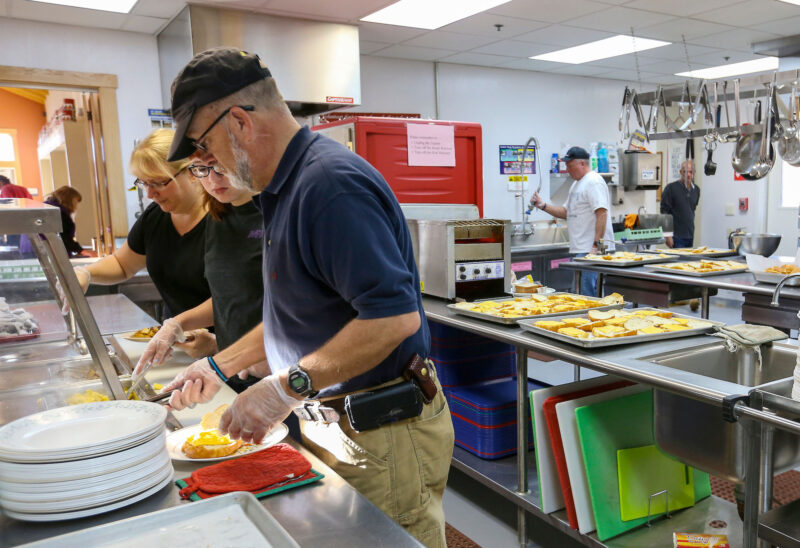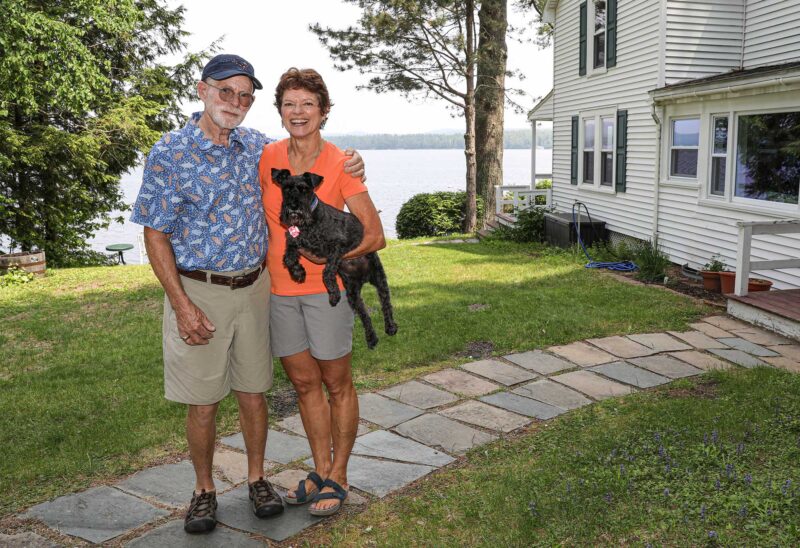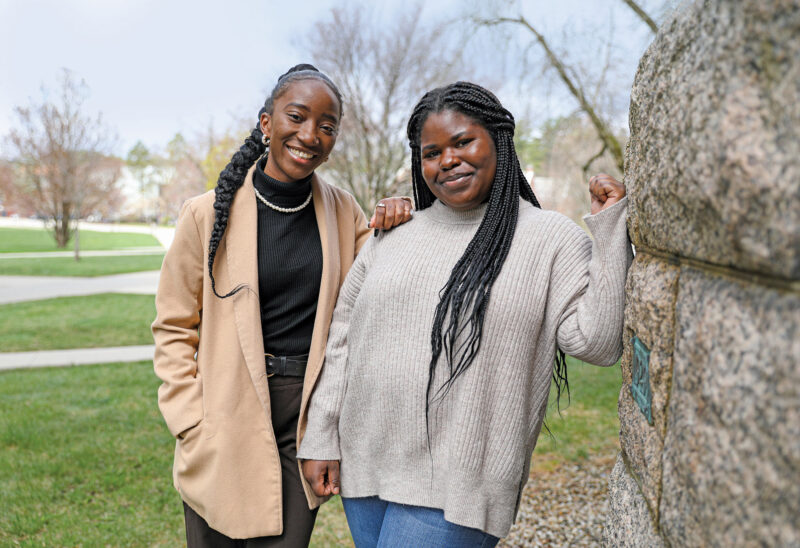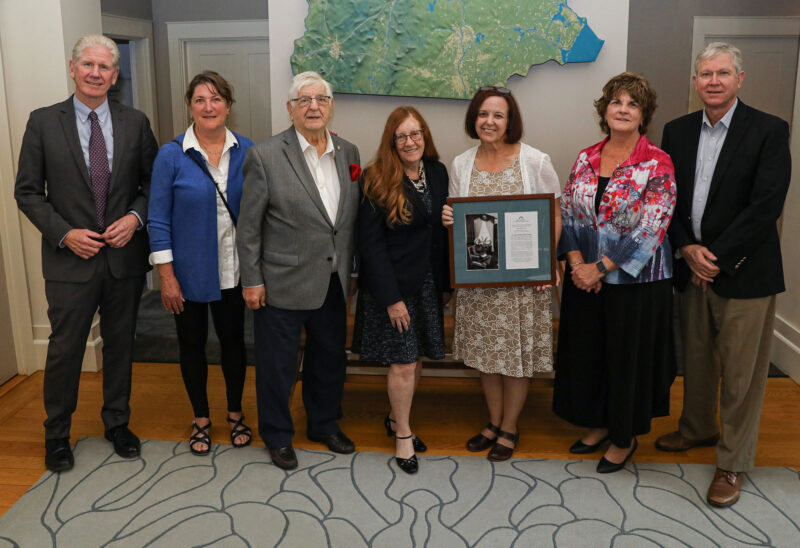David C. Prescott started high school in the late 1940s at Manchester Central, in the heart of Manchester. The story goes that his principal pulled him aside one day at the end of his sophomore year and suggested he go visit St. Paul’s School, the prestigious private boarding school in Concord.
On a Saturday morning, he started hitchhiking north. He found the St. Paul’s campus and met the headmaster who — after a lengthy conversation — offered him a full scholarship.
“He didn’t have any money, but he was a genius, an extremely brilliant man with a photographic memory,” said Carroll Winch, Prescott’s friend of more than two decades, to whom Prescott told the story of his own education.
Prescott graduated from St. Paul’s in 1952 and went on to earn a scholarship from Yale and another, for graduate school, from Harvard. He studied history and architecture and launched a career as an architect.
Prescott never stopped devouring education. He never married nor had children, but traveled the world — Greece, France, Egypt, Turkey, Kathmandu. He studied the architecture of each place he visited, and read voraciously: tomes of European history, books on finance and at least three newspapers each day. Corn muffins and vanilla ice cream were his preferred breakfast, and a parlor trick he enjoyed was naming the monarchs of European nations, in order, over a span of 500 years. He worked in New York and Boston and, when his parents were aged and needed help, moved back into his family home on Hubbard Street in Manchester, where he lived until near the end of his life.
Other than on books and travel, Prescott disliked spending money. He always wore a clean and pressed shirt-tie-suspenders combo — but the sweater he wore over it had holes in the elbows. He counted out grocery money to the penny from an ancient leather change purse. But he had books everywhere.
“Education was all-important to him,” said his friend Maddy Wisausky. “He always stressed how you could never have enough education in this life.”
Prescott could be brusque in conversation — but, Wisausky said, “He always saw the potential in people.”
When Prescott died, he left a bequest to create the David C. Prescott scholarship at the New Hampshire Charitable Foundation.
He had planned it for years, his friend Carroll Winch said — and that was part of why he didn’t want to spend money. He was saving to help other people get an education. Attorney Bob Wells helped Prescott with his estate plans.
“He grew up poor, so every nickel counted,” Winch said. “He was worth several million, but he really was saving it to fund that scholarship. He really believed in education, and that’s why it’s there.”
The Prescott Scholarship is for any New Hampshire student, in any field of study. It is set up to provide scholarships in perpetuity.
“Scholarship funds that are unrestricted, like this one, allow us such valuable flexibility to help any student who needs the help,” said Michael Turmelle, Foundation director of education and career initiatives. The Charitable Foundation is the largest provider of publicly available student aid in New Hampshire, awarding more than $7 million in scholarships to some 1,700 students each year.
I believe that education is the key to becoming successful in life.–Innocent NdagijimanaTweet This
The Prescott Fund is helping Summer Boudreau of Danville get a certificate in welding technology from Great Bay Community College. She is already working in an entry level welding job at the Portsmouth Naval Shipyard. She works from 6:30 a.m. to 3 p.m., and then on Tuesdays and Thursdays, she goes directly to class until 9 p.m.
“The scholarship allows me to do the program. Otherwise I wouldn’t be able to afford it,” Boudreau said. “It is giving me the chance of new education and a new career path and a leg up in my career.” The certificate, in addition to her experience, will help Boudreau advance in her field.
Innocent Ndagijimana of Nashua is studying business administration with help from a Prescott Fund scholarship. He was born in a refugee camp in Rwanda, where his family had been displaced by war. Educational opportunities for young people in the camp were limited. Still, he studied, learned to speak multiple languages and was placed in the 10th grade when his family was resettled in New Hampshire. He worked to help support his family while he was in high school — first as a housekeeper at a chain hotel and then at UPS. He often got home from work at 11 p.m.
“I want to become an educated person, to know exactly what is going on and how things work,” he said.
Ndagijimana finished high school at age 20, and was determined to continue his education. Now he is studying at NHTI, Concord’s community college, where he is president of the Cultural Exchange Club. He works three, 12-hour shifts at an electronics manufacturer on weekends. He plans to finish his associate’s in May and then transfer to the University of New Hampshire to complete his bachelor’s degree.
Ndagijimana’s focus on the importance of education is not unlike that of a young man who hitchhiked to Concord in 1950 on the way to his first scholarship.
“I believe,” Ndagijimana said, “that education is the key to becoming successful in life.”

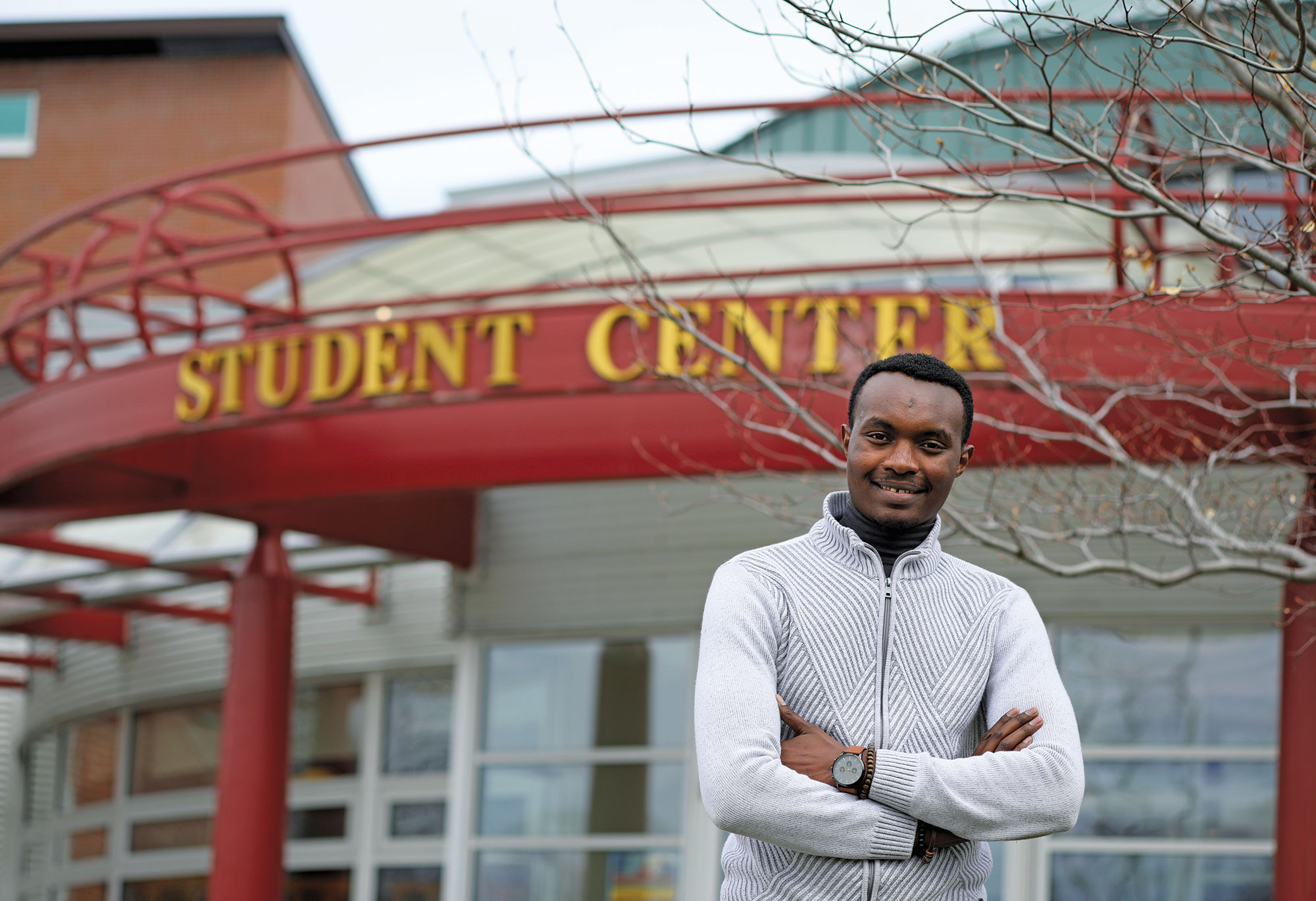






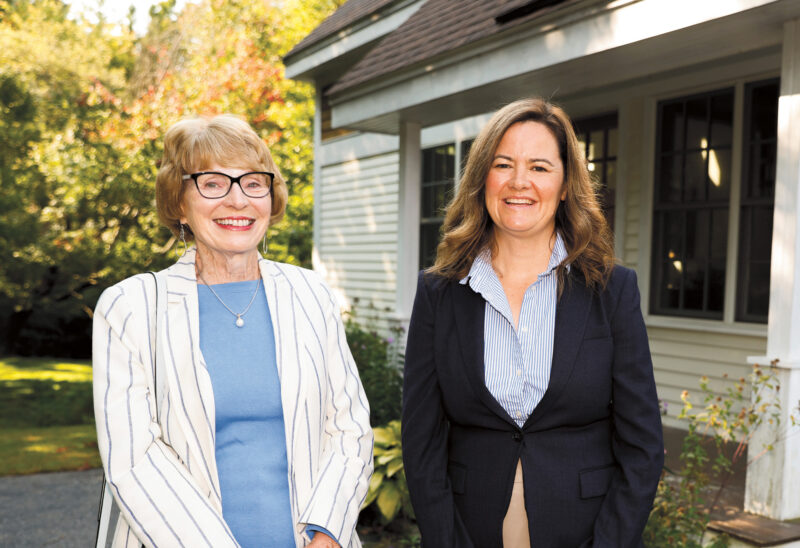

![Oluwakemi Olokunboyo of Dover received a McNabb scholarship to study nursing at Great Bay Community College [Photo by Cheryl Senter]](https://www.nhcf.org/wp-content/uploads/2024/05/Scholarship-Hero-800x548.jpg)
![Indrika Arnold, Senior Wealth Advisor, the Colony Group [Photo by Cheryl Senter]](https://www.nhcf.org/wp-content/uploads/2024/05/Indrika-Arnold-Hero-800x534.jpg)



![Charitable Foundation President Dick Ober [Photo by Cheryl Senter]](https://www.nhcf.org/wp-content/uploads/2023/12/dick-ober-purpose-fall-winter-2023-800x548.jpg)
